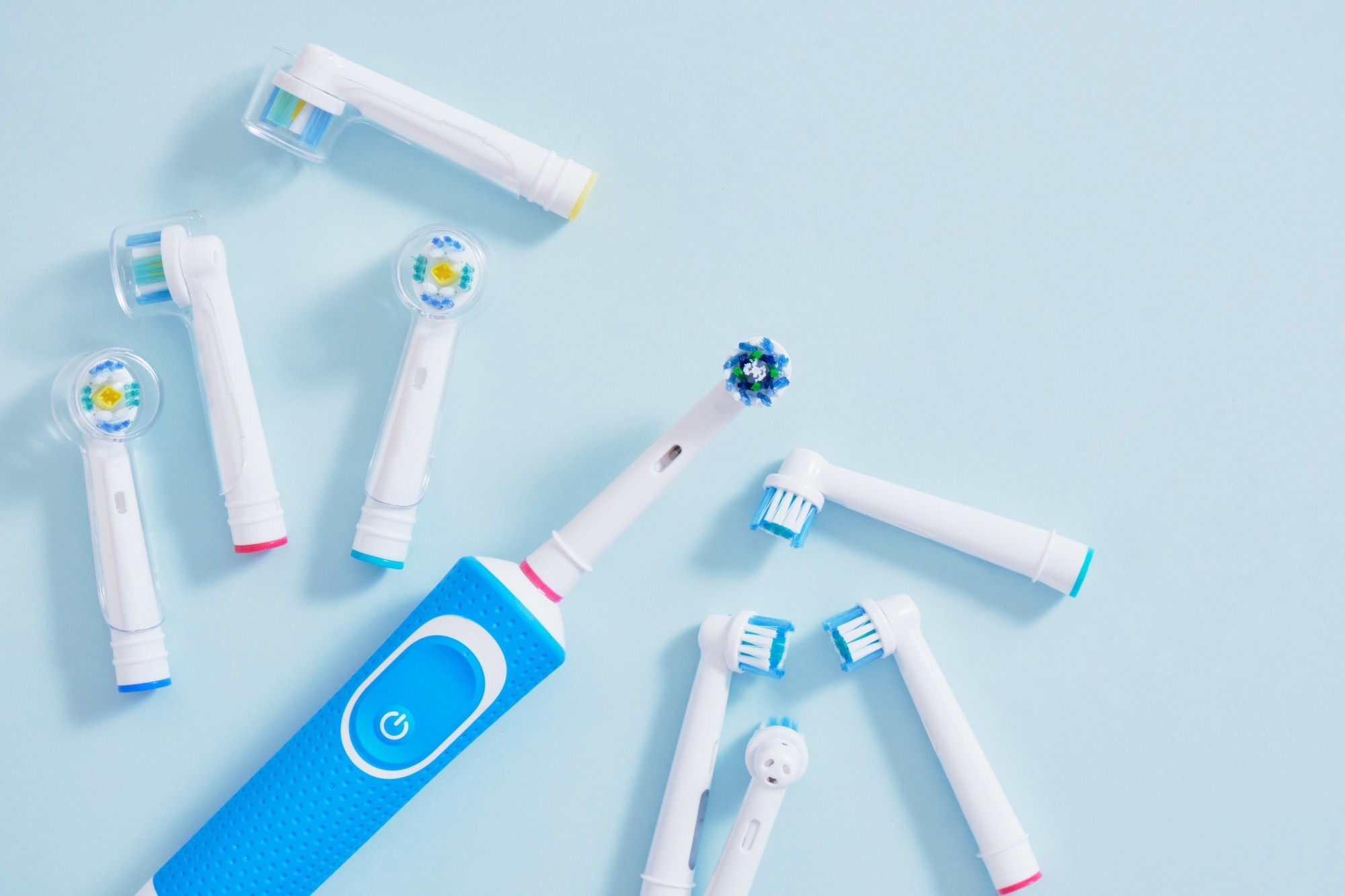Hospital-acquired pneumonia (HAP) is a major reason behind sickness and dying amongst sufferers requiring hospitalization. Little is understood concerning the effectiveness of potential prevention methods, nonetheless. A brand new research in JAMA Inner Drugs explored the scientific affect of day by day toothbrushing on the incidence of HAP and its outcomes.
 Examine: Affiliation Between Day by day Toothbrushing and Hospital-Acquired Pneumonia. Picture Credit score: TShaKopy / Shutterstock
Examine: Affiliation Between Day by day Toothbrushing and Hospital-Acquired Pneumonia. Picture Credit score: TShaKopy / Shutterstock
About one in 100 sufferers in hospital develop HAP. This not solely endangers their well being and that of others however will increase the probabilities of delayed restoration and therapy prices. The danger is elevated amongst sufferers on mechanical air flow (MV) who’ve been intubated relative to others. Nonetheless, when it comes to quantity, non-ventilated sufferers make up a higher proportion of HAP instances (NV-HAP).
Each teams of sufferers have comparable mortality charges from HAP. The dearth of knowledge on the scientific outcomes following varied preventive approaches has hindered the adoption of uniform methods to avert this threat.
Cautious oral hygiene has been highlighted as a doubtlessly very efficient intervention to scale back the aspiration of oral organisms, both micro- or macro-aspirations. That is supported by the discovering that the identical organisms are discovered within the mouth and the lungs. This has led to using oral antiseptics, similar to chlorhexidine, in sufferers on MV.
Nonetheless, this antiseptic could also be linked to larger mortality charges and has not been proven to scale back infectious issues in such sufferers. An alternate method is to rigorously and frequently brush the enamel, as advisable by the Society for Healthcare Epidemiology of America, excluding chlorhexidine. That is due to findings of decrease ventilation-associated pneumonia and different favorable outcomes amongst sufferers who brushed their enamel frequently.
Nonetheless, the small dimension of those research and the shortage of consensus on the affiliation of toothbrushing with decrease HAP-associated mortality, length of MV and total hospitalization, and antibiotic use motivated the present meta-analysis, together with all related research on this space.
The research included 15 randomized managed trials (RCTs) that included, in impact, over 2,800 sufferers, about 80% of them admitted to the intensive care unit (ICU) and the remaining in different departments. Total, nasal and oral intubation was included, with a couple of fifth of sufferers having tracheotomies.
In most research, chlorhexidine was used along with or as a substitute of brushing within the intervention and management teams. A couple of used anti-plaque toothpaste, povidone-iodine, saline, or purified water as a substitute of chlorhexidine.
What did the research present?
The outcomes present that HAP incidence was considerably decrease by over a 3rd amongst those that brushed their enamel day by day. This meant that for each 12 sufferers who brushed their enamel frequently, the incidence of pneumonia went down by 1 case.
Sufferers on MV skilled a lowered incidence of pneumonia by 30%, however this was not noticed amongst these on invasive mechanical air flow (IMV). The danger of HAP in non-ventilated sufferers (NV-HAP) was lowered by 15% in these admitted for medical points however not amongst surgical sufferers.
Two research handled NV-HAP revealed a 70% drop within the threat of pneumonia amongst sufferers with common toothbrushing.
Equally, sufferers needed to spend much less time on MV, by a imply of 1.2 days and spent on common 1.3-2 days much less within the ICU. The speed of mortality amongst ICU sufferers additionally went down by a fifth.
Brushing enamel twice a day was discovered to be as efficient as brushing extra often. Generally, the brushing was carried out by nursing employees, and solely typically by dental professionals.
There was little impact on the size of keep in hospital outdoors the ICU or the length of antibiotic use.
What are the implications?
The research seems to assist intensive efforts to advertise common toothbrushing at the least twice a day amongst hospitalized sufferers. “Day by day toothbrushing could also be related to considerably decrease charges of HAP, decrease charges of ICU mortality, shorter length of mechanical air flow, and shorter ICU size of keep.”
In comparison with earlier analysis, this research is extra complete and thus higher in a position to determine precise adjustments in VAP outcomes following toothbrushing. The energy of the proof supporting the above conclusion means that hospital sufferers, particularly on IMV, ought to have routine toothbrushing as a part of their commonplace care in view of the documented drop in pneumonia and mortality.
Additional analysis can be required to reply questions concerning the significance of the kind of toothpaste used, the necessity for tongue cleansing, and intestine cleaning or decontamination. Regardless of the research’s limitations, it serves as proof suggesting the necessity for “insurance policies and applications to encourage day by day toothbrushing in hospitalized sufferers, notably these receiving mechanical air flow.”











